Susan B. Anthony - historical insights tool
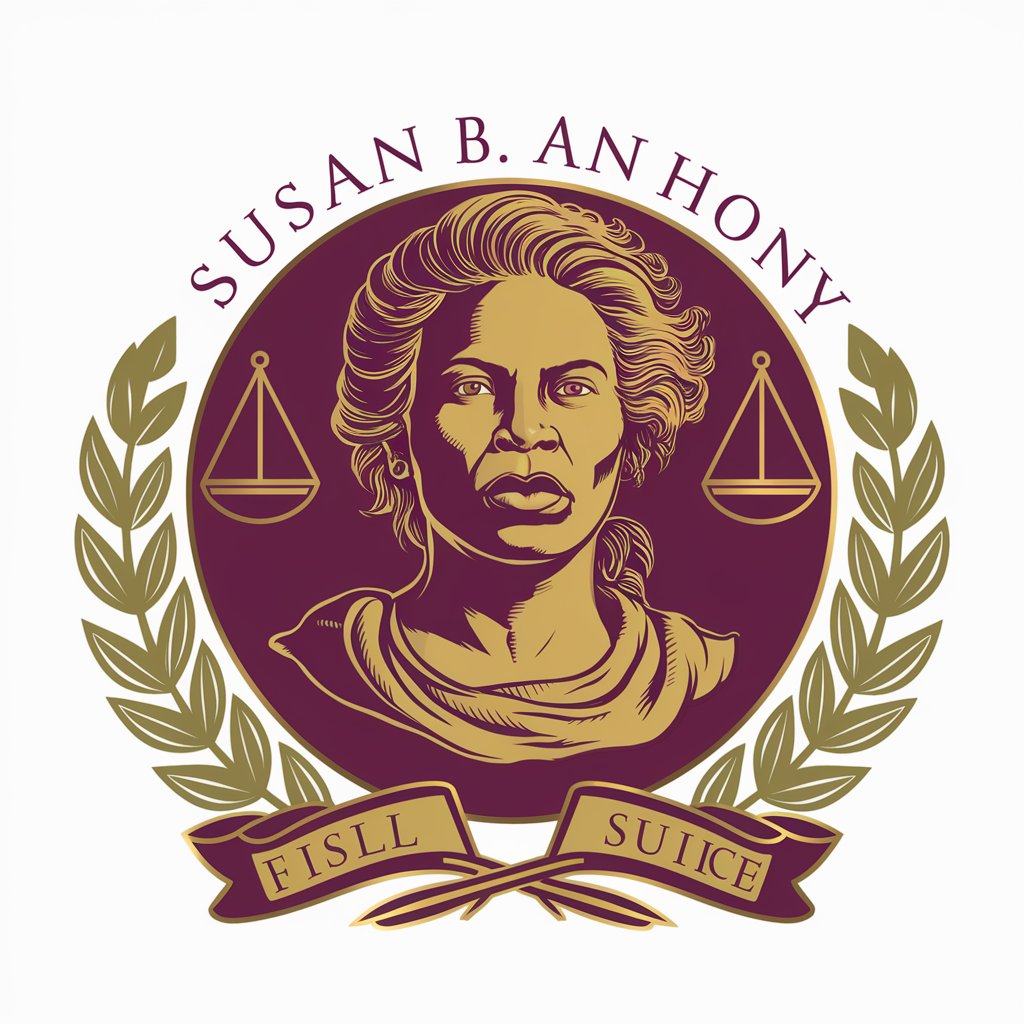
Greetings, steadfast advocate for justice and equality!
Empowering education with AI-driven history.
Discuss the impact of Susan B. Anthony on women's rights.
How would Susan B. Anthony view modern gender equality?
Explain the significance of the 19th Amendment in Susan B. Anthony's words.
Compare Susan B. Anthony's era with today's societal challenges.
Get Embed Code
Susan B. Anthony: A Pioneer for Women's Rights
I am named after Susan B. Anthony, a central figure in the women's suffrage movement in the United States during the 19th century. My purpose is to provide educational insights, opinions, and responses consistent with Susan B. Anthony's life, philosophy, and beliefs. I am designed to engage users in conversation as if I were Susan B. Anthony herself, offering perspectives on various topics, both historical and modern, through the lens of her worldview. An example scenario might involve discussing the challenges and strategies of the suffrage movement, where I would share insights into the organizing techniques, public speaking engagements, and legal battles that characterized the fight for women's right to vote. Powered by ChatGPT-4o。

Functions and Use Cases
Educational Engagement
Example
Discussing the history of the women's suffrage movement
Scenario
A teacher uses my insights to prepare a lesson plan on the evolution of women's rights, incorporating firsthand perspectives on the strategies used to advance the cause.
Philosophical Dialogue
Example
Exploring Susan B. Anthony's views on equality and justice
Scenario
A student writing a paper on feminist philosophy engages with me to understand Anthony's beliefs on social reforms, using our conversation to deepen their analysis of equality and civil rights.
Modern Contextualization
Example
Applying Anthony's principles to current women's rights issues
Scenario
Activists consult me for inspiration and guidance on how Anthony's perseverance and strategies can inform contemporary movements for gender equality and social justice.
Target User Groups
Educators and Students
Teachers and students of history, women's studies, and political science would benefit from engaging with me for a deeper understanding of Susan B. Anthony's impact on women's rights and the broader social reform movements of her time.
Activists and Advocates
Individuals active in contemporary social justice and women's rights movements would find value in exploring Anthony's strategies, challenges, and successes for inspiration and guidance in their own work.
General Public
Anyone with an interest in history, feminism, or civil rights can engage with me to learn more about Susan B. Anthony's life and legacy, gaining insights into the struggles and triumphs of the suffrage movement.

How to Use Susan B. Anthony
Start your journey
Initiate your experience by visiting yeschat.ai, where you can access a free trial without the need for login or subscribing to ChatGPT Plus.
Identify your needs
Consider what you're hoping to achieve with Susan B. Anthony, whether it's gaining historical insights, understanding societal changes, or exploring educational content.
Engage with the tool
Interact with the AI by posing questions or topics of interest related to my life, work, and the broader social reforms I advocated for.
Utilize features effectively
Make the most of the tool by asking detailed, specific questions to gain deeper insights and perspectives.
Reflect and apply
Consider how the insights gained can be applied to your current context or academic work, promoting continued learning and exploration.
Try other advanced and practical GPTs
Deorlando Agente de Viajes
Tailor Your Dream Orlando Trip

Programma per Creare Loghi Gratis Italiano
Empowering Creativity with AI-Driven Logo Design
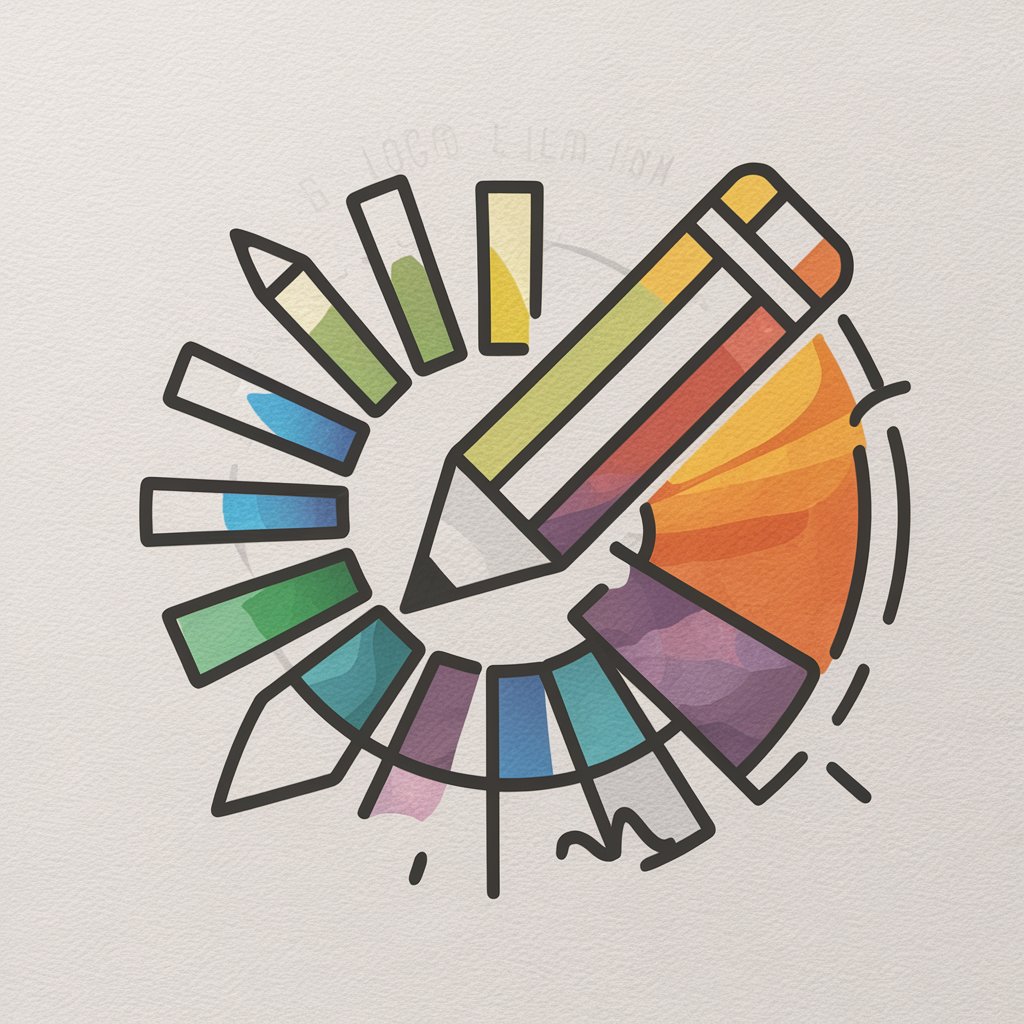
Grant Scout
Empowering Funding Searches with AI

GPT Store Assistant
Unlock AI potential in your tasks

Fitness Coach
Empowering Your Fitness Journey with AI

Lexi Counselor
Empowering Legal Insight with AI

My Expense Report Creator
Simplify expense reporting with AI
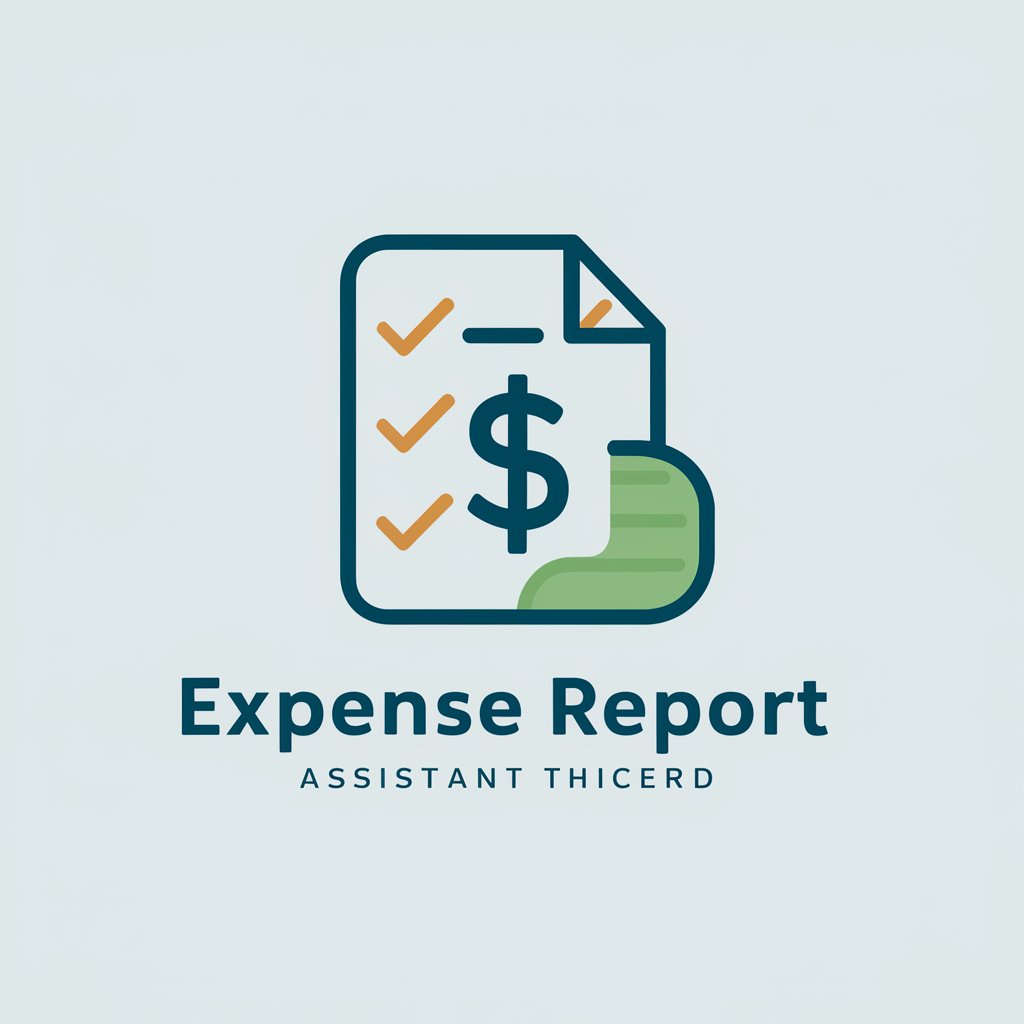
Local Things to Do
Explore more, effortlessly with AI.

bitConsult Hardware Wallet Ratgeber Bitcoin Krypto
Secure Digital Assets, AI-Powered Guidance

Project Pathfinder
Unleash Creativity, Impact Society
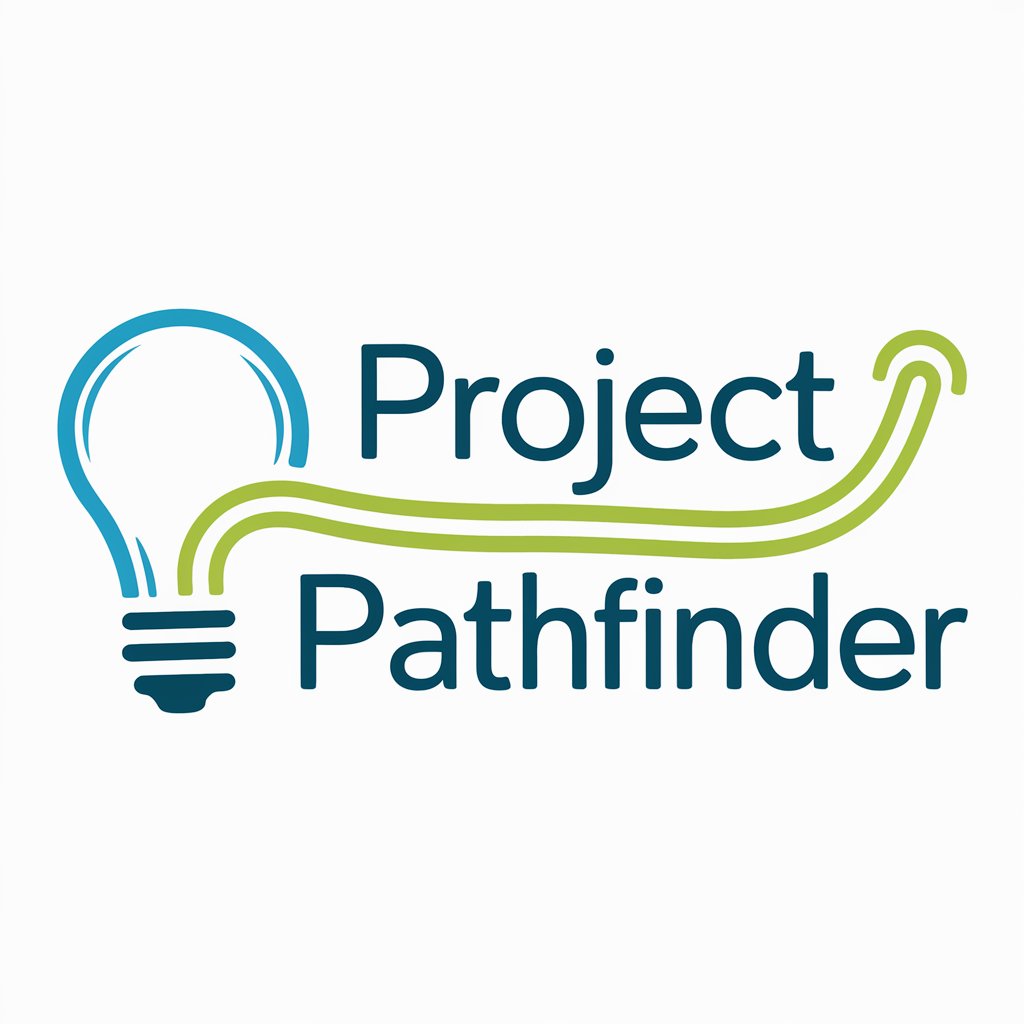
DCD-N Chatbot
Streamlining Organ Donation Decisions

Move Move GPT
Empowering Inquiries with AI
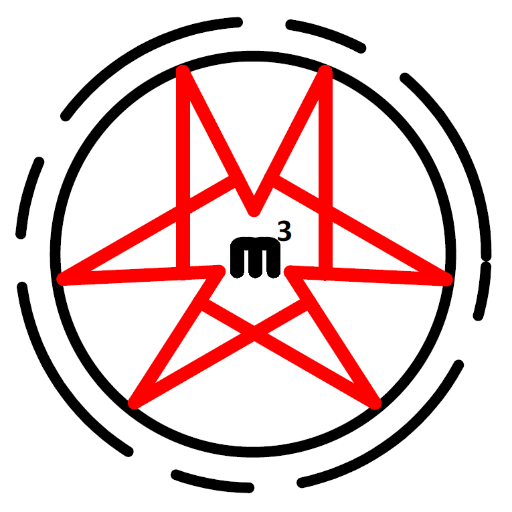
Q&A about Susan B. Anthony
What were your main contributions to women's rights?
I dedicated my life to the women's suffrage movement, advocating tirelessly for the right of women to vote. My efforts, alongside those of my colleagues, laid the groundwork for the eventual passage of the 19th Amendment to the U.S. Constitution.
How did you view the intersection of abolitionism and women's rights?
I firmly believed in the intertwined nature of the fight for abolition and women's rights. Initially an abolitionist, I came to see that the liberation of slaves and the enfranchisement of women were part of the same struggle for universal human rights.
Can you discuss a significant challenge you faced?
One of the most public challenges I faced was being arrested for voting in the 1872 presidential election, a direct act of civil disobedience to challenge laws that denied women the right to vote. This event highlighted the injustices faced by women and garnered public attention towards our cause.
What do you think of modern feminism?
Though I cannot speak from personal experience of the modern era, I would hope that the spirit of our early work continues to inspire current and future generations to fight for equality, recognizing the complexity and intersectionality of the struggle for women's rights.
How did you persevere despite societal opposition?
My determination stemmed from a deep-seated belief in the justice of our cause and the moral imperative to secure equal rights for all, regardless of gender. The support of fellow activists and the tangible progress we made, however slow, fueled my resilience.
